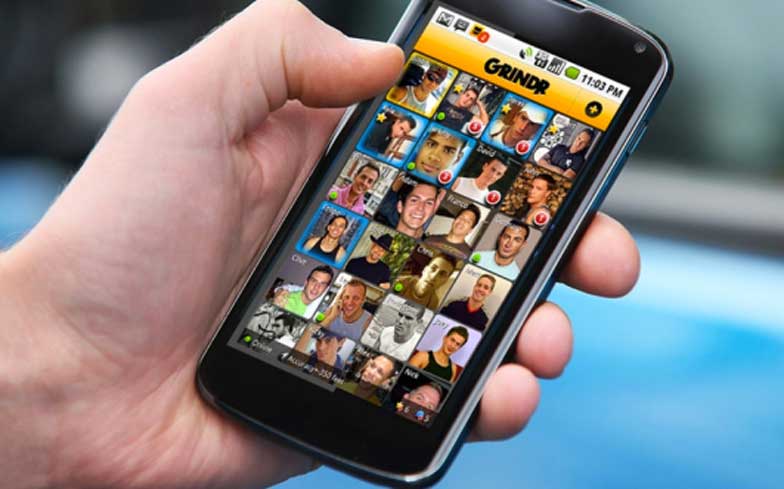
If you do meet someone on a dating app, at this current time do NOT go out and meet them.
Many are turning to dating apps to look for social interaction during this time of self-isolation. And Uswitch has analysed data which found that Grindr is the dating app that drains the most battery from mobile devices.
The company analysed the 50 most popular apps on major app stores and looked at how many battery-draining permissions an app used, and when it came to dating apps Grindr came out on top.
The popular gay dating app had 28 battery-draining permissions, it was followed by Bumble which has 20, Tinder which has 18 and Hinge which has 13.
However, none of the dating apps cracked the top ten apps that drain the most battery, with Google coming out on top with 72 battery-draining permissions. It was followed by Facebook with 50 and Facebook Messenger on 46.
Giving advice on how best to preserve your phone battery, Ernest Doku, a mobiles expert at Uswitch, said: “There are a few simple ways to preserve your mobile phone’s battery life, such as turning off WiFi/Bluetooth and making the most of low power modes.
“In the house, try to limit the amount of time you spend on your phone and implement no-digital hours to give you a chance to finish that task you’ve been putting off, go for a walk or just relax to maintain your phone for needed social interaction.”
He added: “Now that social distancing is firmly in place, spending more time at home and not surrounded by people, it’s become natural for people to be using their phones more.
“What they may be oblivious to is the excessive drain this will be causing on your battery, needing you to charge it more often than usual, a cost to your phones mechanics and your electricity bill.”

However, if during this time you do meet someone on a dating app, no matter which one you use, it is essential that you do NOT go out to meet them.
Dr. Michael Brady, who works for the Terence Higgins Trust, urged people not to have hook-ups during this time, in an educational blog post.
In the post, he wrote: “Unless you have sex with someone within your household, it’s important to find sexual pleasure in other ways. Sex is an important part of life, but right now we have to find other ways to achieve sexual pleasure and satisfaction.”
Although there is no evidence to suggest that the coronavirus can be transmitted through sexual contact, Brady stresses that it can be spread through close physical contact, rimming and kissing because of saliva and mucus.
He said: “Unfortunately washing your hands and not kissing someone during sex isn’t enough to stop the virus. Even if someone doesn’t have symptoms, they may still have the virus. It’s estimated perhaps as many as 1 in 3 people with COVID-19 have no symptoms – but can still pass the virus on to others. That could be you or a potential partner.”
He added: “It’s strongly advised that you don’t hook up with strangers or multiple partners for sex.”
Related: GiveOut launches fund to support LGBTQ organisations in the face of the coronavirus



